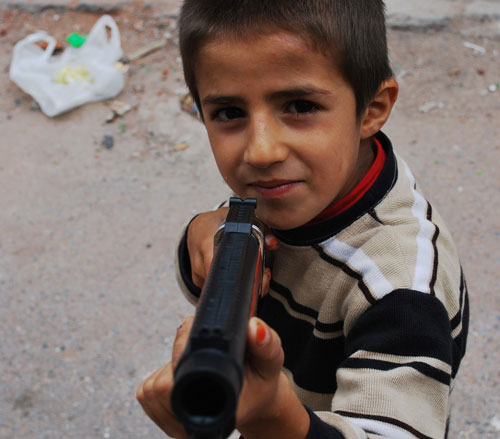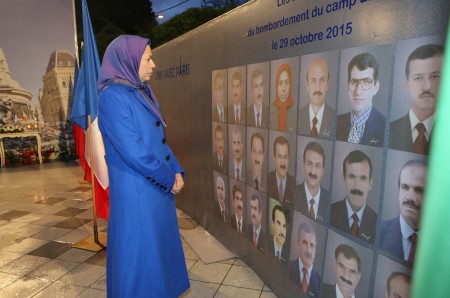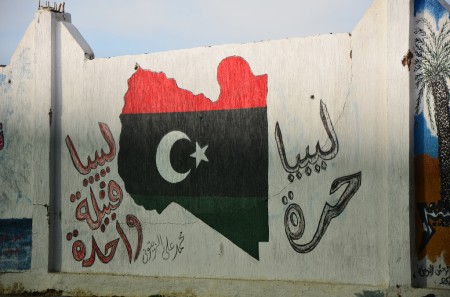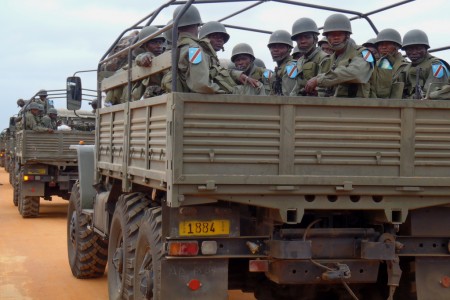
This article was originally published by E-International Relations on 11 February 2016.
In December 2015, Malaysian police reported that the Islamic State of Iraq and Syria (ISIS) had set up camps in Kazakhstan and Syria to train and indoctrinate children as young as two years old to become militants. It was alleged that the camps were training children from all over the world in the use of firearms, as well as immersing them in what one senior Malaysian police officer called a ‘ false jihad’.
While the Kazakh ambassador in Singapore swiftly issued a rebuttal of the Malaysian claim, it is worth noting nevertheless that news is available – including apparently video evidence produced by ISIS itself- of Kazakh children being trained by ISIS. More generally, terrorism researchers have confirmed that ISIS ‘actively recruits children’ to engage in ‘combat, including suicide missions’ (Stern and Berger 2015: 210). In any case, Southeast Asian authorities were hardly surprised at the latest allegations of ISIS targeting youth for Islamist indoctrination. Since September 2014, it has been known that ISIS has set up a Southeast Asian unit of Malay-speaking militants, drawn from mainly Indonesia but also Malaysia. According to some estimates, the unit called Katibah Nusantara (KN), or the Malay Archipelago Unit, held sway amongst 450 Indonesian and Malaysian fighters and their families in the Syrian/Iraq region, as of November 2015 (Arianti and Singh, 2015).



